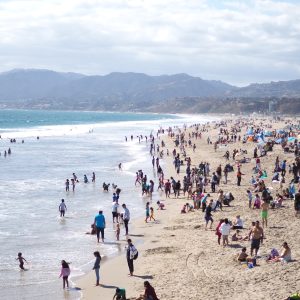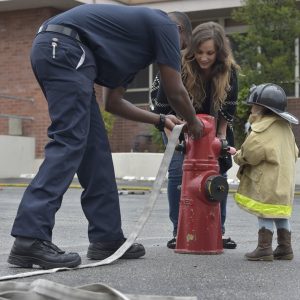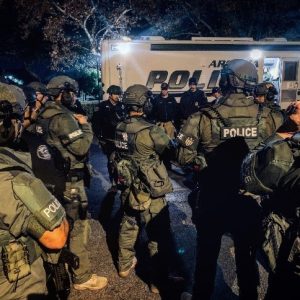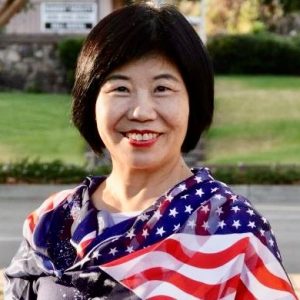 View Winners →
View Winners → Monthly Feature: Our Forgotten ‘States’


Asian Pacific American Heritage month lets us celebrate the achievements of, and recognize the struggles of Asian Americans. These young women were part of a group of teenagers who moved to the US from Taiwan after the 10-10 celebration in 2014. – Photo by Terry Miller
By Roshan Perera
Asian Pacific American Heritage month is coming to a close. When most of us think of “Asian-Americans,” we imagine someone who has come from China, Japan, Korea, or maybe the Philippines. But this month also celebrates Pacific Americans. People from Oceania have also contributed to the tapestry of the American story and need to be acknowledged during this time as well.
This month tends to highlight the heritage and history of people who were once foreigners to our land. It aims to recognize the struggles and hardships they have faced and celebrate the contributions they have made.
However, we often forget that the struggle is not over for some. Those that live on the territories of American Samoa, Guam, and the Northern Mariana Islands are often forgotten in American life.
These islands do not have statehood, but are protected territories of the United States. Often overlooked, the men and women who live on these territories have varying degrees of civic representation, voting rights, and citizenship status.
Unlike the other most other Asian groups, the people who live on these islands did not immigrate to this country. Typically, these small islands were occupied by the United States at some point and later gave up their sovereignty to the United States.
Since then they have become integral parts in maintaining the US presence in the Asia-Pacific region. In fact, even though American Samoans are not US citizens and are not allowed to vote, they are ranked first by United States Army Recruiting Command for recruit enlistment. This means American Samoa commits more young men and women to fight and defend the American Constitution, whose freedoms they do not enjoy, than any other state in the Union.
These islands fall under the jurisdiction of the US Department of the Interior. They have no state sovereignty of their own and must abide by all national laws. While they do have representatives in the US Congress, they are non-voting delegates.
The situation that these residents face is very reminiscent of the early-American colonial days. Just as we had to subject ourselves to the colonial monarchy, with no representation and legal recourse, the residents of these US Territories are left in a similar situation.
Hawaii was once an independent sovereign nation that became a part of the United States. Its residents gained the full protection of being US citizens. It is time that we take a hard look at how to incorporate the people of the US Territories into the melting pot of American society and civic life.
Asian Pacific American Heritage month lets us celebrate the achievements of, and recognize the struggles of Asian Americans. But we do not live in a utopia and we are still faced with cultural bias, intolerance, and apathy.
Moving forward we should always remember that most of us where foreigners and outsiders at some point in our heritage and only through our collective struggle have we made our country into the great nation it is today.











































































































